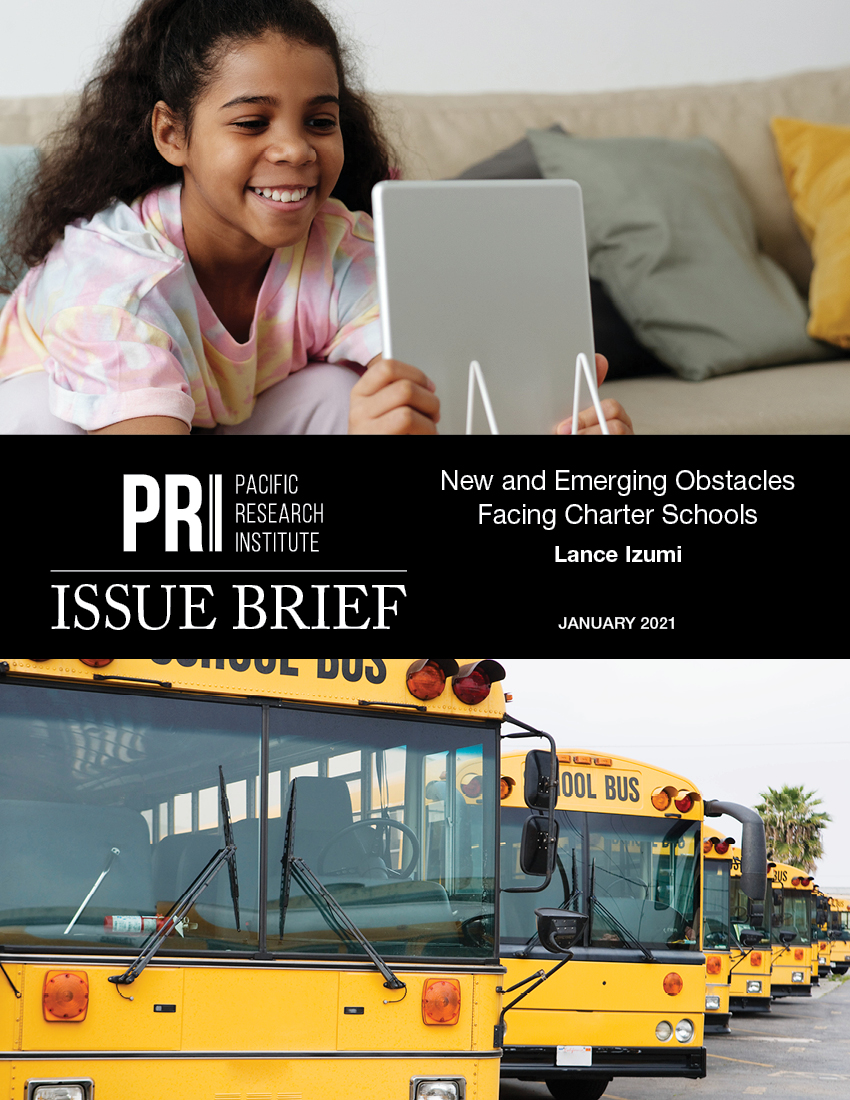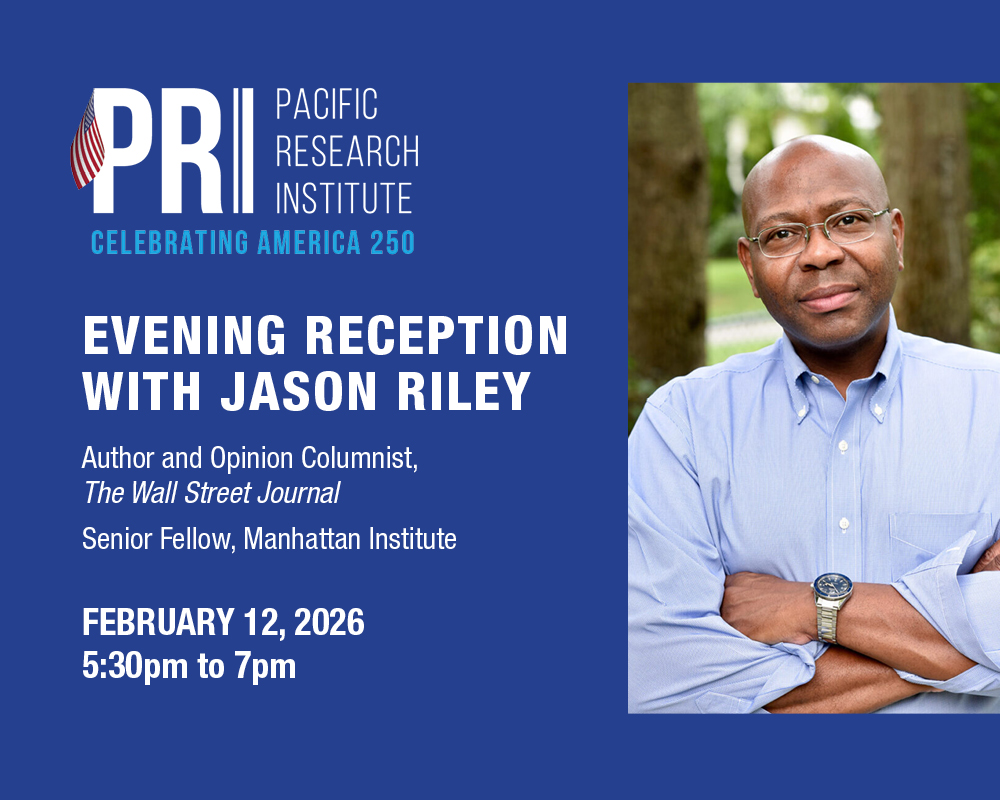Political interests, teachers unions and legislators are thwarting new and existing charter schools, and parents and students must use every available tool to fight back, argues a new research brief released today by the Pacific Research Institute, a California-based, nonpartisan think tank.
Click here to download the brief
“Research shows that charter schools are improving student achievement more than traditional schools,” said Lance Izumi, senior director of PRI’s Center for Education. “Unfortunately, charter schools are under attack. Recent successes by opponents would trap students in failing schools – and prevent their escape to alternatives that will better prepare them for the future.”
In “New and Emerging Obstacles Facing Charter Schools,” Izumi cites recent Harvard University research showing that African American charter school students are gaining a half-year of learning in math and by twice the amount in reading versus students attending traditional schools.
He also cites University of Washington, Bothell research showing charter schools have better transitioned to virtual learning during the Covid-19 pandemic than traditional schools, noting better teacher interaction with students and technology availability.
Among the threats he cites to charter schools are:
- Laws in 21 states capping the number of charter schools, effectively limiting expansion;
- Inefficient laws like those in Oregon that provide insufficient school accountability;
- Efforts in California and Michigan to deny charter schools equal funding with traditional schools, citing local and state Covid-19 fiscal crises; and
- Action to hinder the growth of virtual, online charter schools, denying an important education alternative during the Covid-19 pandemic.
Izumi cites a political shift in California, a state previously known for relatively strong charter school laws under former Gov. Jerry Brown, a charter school supporter. Legislation signed in 2019 by Gov. Gavin Newsom weakens these laws by giving school districts more loopholes to deny charter petitions on fiscal grounds. However, recent University of Washington, Bothell research shows that charters do not increase the likelihood of schools entering fiscal distress.
He argues the strategies and tactics of teachers unions are among the biggest obstacles for charter schools to overcome. For example, teachers unions in Oakland, Los Angeles, Chicago, and elsewhere have called strikes and used contract negotiations to push for new charter school moratoriums and restrictions on charter school flexibility such as expanding charter school teacher unionization.
To overcome these hurdles, Izumi recommends that charter school supporters urge state lawmakers enact reforms that mirror the best, most thoughtfully-crafted laws in other states. Where politicians are hostile to charter schools, he says litigation could be an effective strategy. Citing recent successful lawsuits in Mississippi and Washington state, Izumi notes that charter school proponents have a strong recent track record of prevailing in court.


